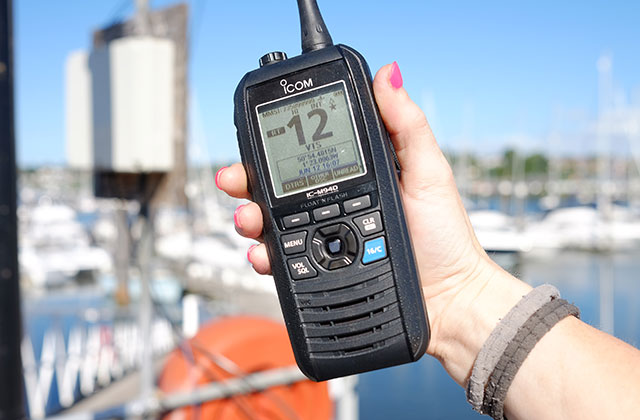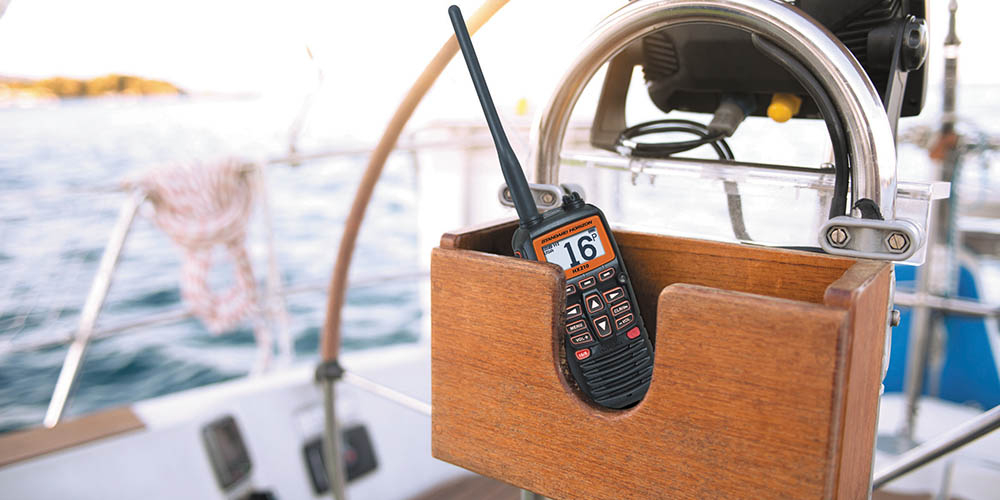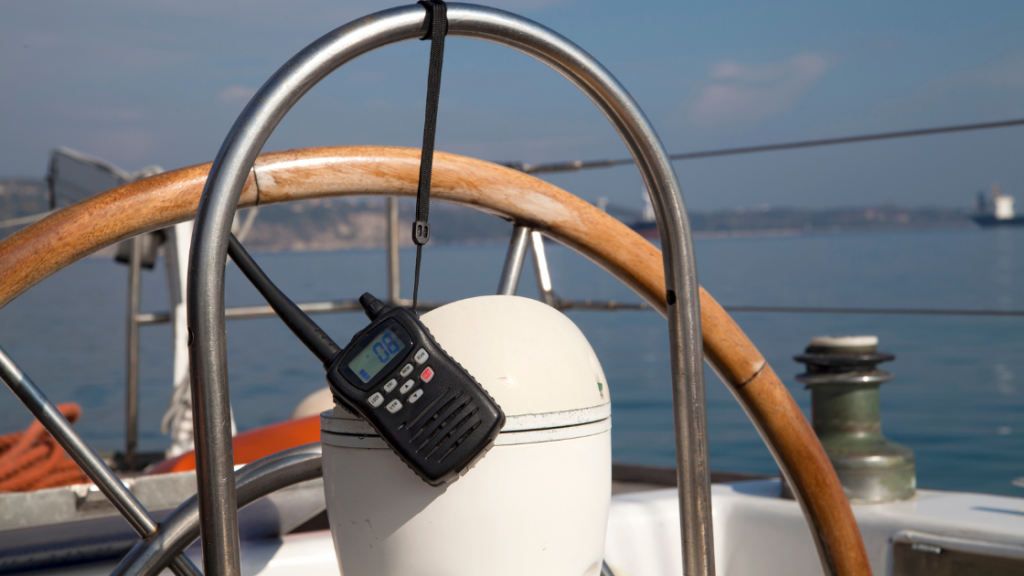Marine Radios 101: Everything You Need to Know Before Setting Sail
Sailing provides a sense of freedom, adventure, and sometimes even an excuse to get away from it all; however, safety must always be a concern when you’re on the water. A marine radio is one of the most critical pieces of equipment used during communication, whether it’s handling busy harbours, alerting someone to a problem, or coordinating with fellow boaters.
Your radio links you to other vessels, harbormasters, and ultimately, emergency services. It’s not a need, but it’s a luxury that may make all the difference when events become critical. Before you hit the waves, it’s crucial to understand how marine radios work and why they’re indispensable.
What is a Marine Radio?

A marine radio is a specialised communication device designed specifically for water use. Unlike a regular two-way radio or your mobile phone, marine radios are designed to operate on very high frequency (VHF) bands, tailored to the intent of maritime use. They ensure reliable communication far from shore, where mobile signals are patchy or nonexistent.
Marine radios are designed to operate in the harsh environment of the ocean. Most radios have a construction with water-resistant or waterproof features, allowing for operation in wet conditions. Their construction is also strong enough to withstand salt corrosion, UV rays, and rough handling, thus very ideal for ocean life.
While their primary function is communication, marine radios are also used to receive weather updates, navigational warnings, and distress calls. Whether cruising casually or sailing full-time, they’re deemed a necessary safety device.
Types of Marine Radios

The two major kinds of marine radios are handheld and fixed. Each has its different advantages and considerations, depending on your needs, the size of your vessel, and how often you go out to sea.
The first type we will discuss is the reliable marine handheld radio. Handheld VHF radios are compact, portable, and easy to operate. They are ideal for small boats and as a backup for larger vessels. Due to their portability, they are suitable for a number of scenarios that you find yourself in, either on a dinghy or hopping between boats.
Modern handheld models include waterproofing, long battery life, and emergency distress functions among their features. While they may lack the range of fixed units, they’re versatile and invaluable when mobility holds the greatest priority. Marine VHF radios are used for a variety of purposes including; contacting harbours, marinas, locks, summoning the rescue services and ship-to-shore or ship-to-ship communication. To prevent maritime transmissions from creating interference with other radio users, a section of the radio spectrum has been allocated specifically for marine communications.
Fixed radios are mounted directly to your boat and are generally much more potent than their portable counterpart radios. This will give a far greater range and is ideal for bigger boats that go far from the coast. They get their power from your boat’s electrical system, so you won’t have to bother charging them.
The fixed radios often come with more handy features, such as GPS integration and digital selective calling, which can automatically forward an integrated distress signal showing your location to rescue services. While they are fixed installations, the improved communication prospects make them a favourable option for many.
Uses and Benefits

A radio is your lifeline on the water. From communicating with other boats to responding in emergencies, even checking in with a harbormaster, these devices keep you connected. They are extremely important during bad weather or sudden mechanical failure, where a call can bring quick assistance or provide vital updates.
One of the main purposes of a marine radio is to provide situational awareness. They enable the user to monitor traffic in his vicinity, any updates from coastguards, and group communications during regattas or fishing expeditions. Marine radios also serve a very significant function in navigating and thereby communicating with lock operators or bridge tenders at locations for easy passage.
Another huge advantage is safety: marine radios have specific emergency channels which are regularly monitored by maritime authorities around the clock. That means you can quickly alert rescue services in case of an accident or medical emergency.
Besides emergencies, there are few better reasons for carrying a marine radio than to keep informed about the weather. Many models feature access to NOAA or similar weather channels to obtain real-time data concerning storms, wind, and other factors affecting your trip. This information is essential for making good decisions and avoiding hazardous conditions.
Maintenance
Keeping your marine radio in good condition is essential for reliable performance. Start by ensuring the device is cleaned regularly to prevent salt and grime buildup, which can damage the internal components. If you’re using a handheld model, check the batteries frequently and keep spares on board. For fixed units, inspect the wiring and antenna connections for any signs of wear or corrosion.
But perhaps one of the most valuable tools you might have with you in your boat is a marine radio, which offers three of the greatest gifts: safety, connectivity, and peace of mind. Whether handheld or fixed, understanding its features and how to master its operation will make your time on the water both safer and fun.



